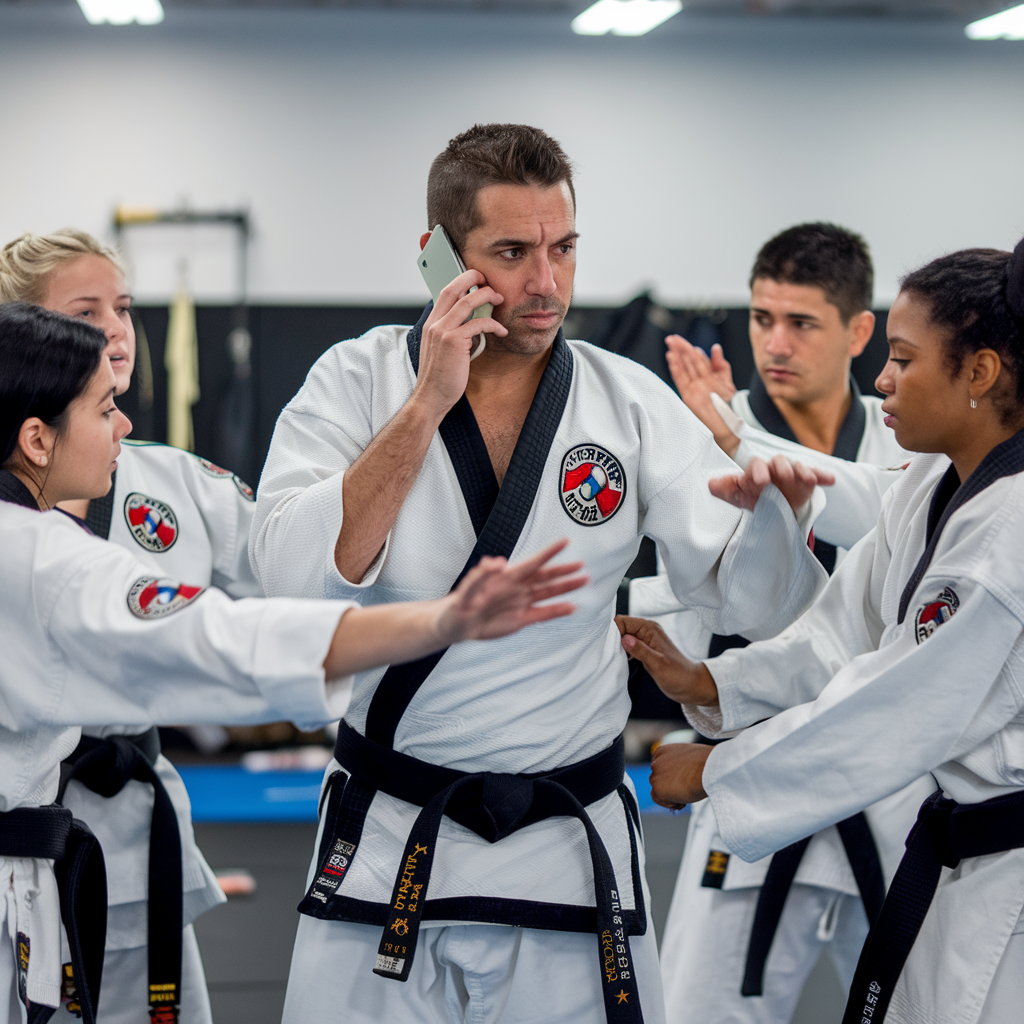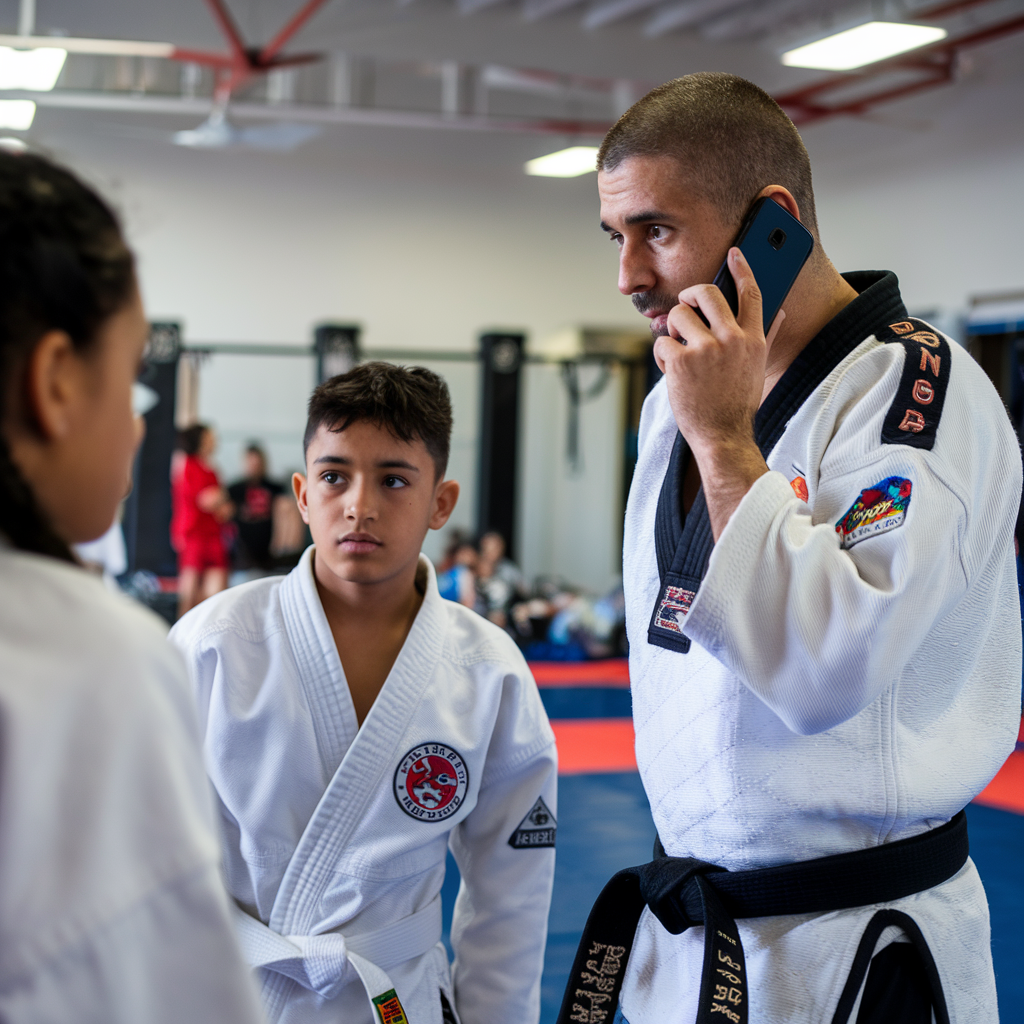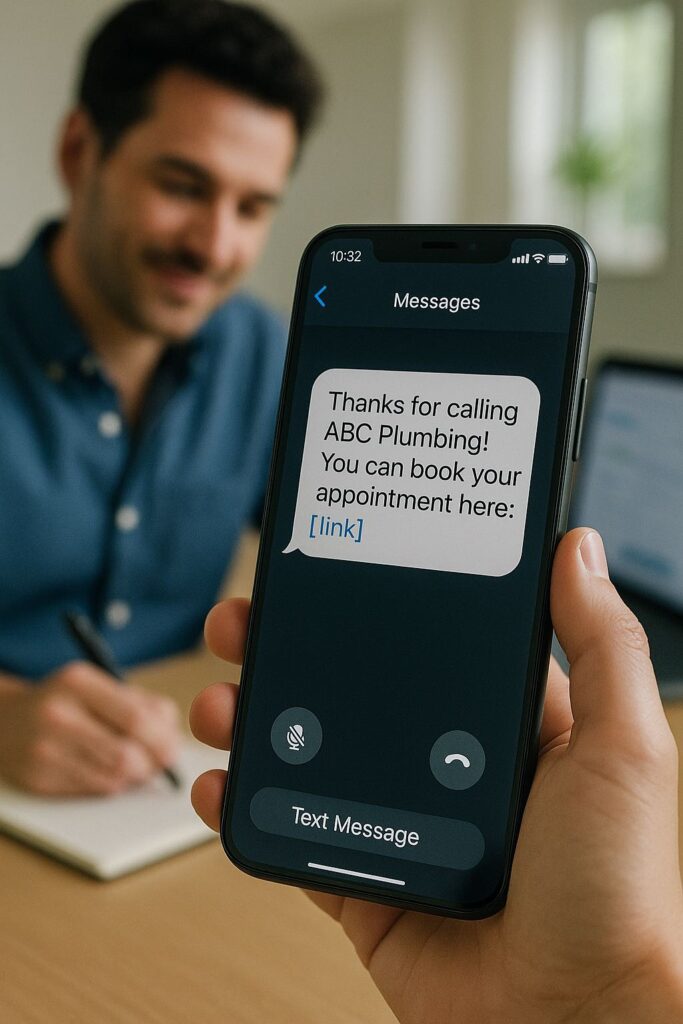
In the world of customer service, objections and challenges arise frequently. Whether it’s an unhappy customer, a difficult request, or a communication barrier, handling these situations with skill and grace is essential. Judo, a martial art that focuses on using an opponent’s energy to gain control, offers valuable lessons that can be applied to customer service. At Call Care Pro, we believe that embracing the flexibility and strategic approach of Judo can empower agents to navigate objections effectively while maintaining positive customer relationships.
The Power of Adaptability in Customer Service
Judo practitioners learn to be adaptable, using their opponent’s force to their advantage rather than resisting it. This concept is directly applicable to customer service, where agents must respond to a wide variety of situations with flexibility and composure. Instead of pushing back against customer objections, agents can “go with the flow,” finding solutions that satisfy both the customer and the company.
Example: Turning Resistance into Cooperation
Imagine a customer who insists that a product is defective and demands a refund, even though company policy states that only exchanges are allowed. A rigid response might escalate the conflict, but an adaptable agent could acknowledge the customer’s frustration and offer an alternative:
Agent: “I completely understand your concern, and I want to make sure we find the best solution for you. While we typically offer exchanges instead of refunds, I’d love to explore some options that will leave you satisfied. Can I suggest an upgraded replacement at a discounted price?”
By acknowledging the concern and offering an alternative rather than rejecting the request outright, the agent applies a Judo-like strategy to redirect the conversation toward a win-win resolution.
Redirecting Negative Energy into Positive Outcomes
Judo teaches practitioners to use an opponent’s energy rather than confronting it head-on. This principle is invaluable in customer service when dealing with irate or frustrated customers. Instead of engaging in conflict, agents can redirect negative energy into problem-solving and positive engagement.
Example: Managing an Angry Customer
A customer calls in, furious about a delayed order. Instead of responding defensively, the agent can use active listening and empathy to absorb the frustration and shift the energy toward resolution:
Agent: “I completely understand how frustrating this delay must be for you. If I were in your position, I’d feel the same way. Let me look into this right away and see what we can do to make this right.”
By validating the customer’s feelings and immediately taking action, the agent transforms an adversarial interaction into a collaborative one.
Using Leverage to Overcome Customer Objections
Judo is about leverage—using small adjustments to gain a significant advantage. In customer service, leverage comes in the form of knowledge, tone, and strategic phrasing. Instead of seeing objections as roadblocks, agents can use them as stepping stones to guide the customer toward a solution.
Example: Overcoming Price Objections
When a customer hesitates over pricing, a skilled agent can use leverage by highlighting value rather than lowering the price:
Customer: “This service is too expensive.”
Agent: “I understand that price is an important factor. Our service includes [key benefit], which ensures that you get [value]. Many of our customers find that this investment saves them time and money in the long run. Let’s explore how we can tailor this to fit your needs.”
By redirecting the conversation toward benefits, the agent avoids a direct price debate and instead positions the service as a worthwhile investment.
Remaining Balanced in Difficult Situations
Judo emphasizes balance—not just physically, but mentally. Customer service agents must maintain composure, even when dealing with difficult or unreasonable customers. A balanced approach means responding with patience and professionalism, regardless of how the customer behaves.
Example: Staying Calm Under Pressure
If a customer raises their voice or becomes aggressive, an agent practicing the principles of Judo remains centered:
Agent (calmly): “I’m here to help, and I want to make sure we resolve this for you. Let’s work together to find a solution that meets your needs.”
This approach diffuses tension and prevents escalation, keeping the conversation productive rather than confrontational.
Anticipating and Countering Objections
Just as Judo practitioners anticipate their opponent’s moves, customer service agents can anticipate common objections and prepare thoughtful responses. This proactive approach ensures smoother interactions and quicker resolutions.

Example: Preparing for Common Objections
If customers frequently express concerns about product warranties, an agent can prepare an informed response:
Customer: “What if the product stops working after the warranty ends?”
Agent: “That’s a great question! While the standard warranty lasts one year, we also offer an extended protection plan for peace of mind. Many customers choose this option to ensure long-term reliability.”
By anticipating concerns and offering preemptive solutions, the agent stays one step ahead—just like a Judo fighter reading their opponent’s next move.
Conclusion: Mastering the Judo Approach to Customer Service
Applying the principles of Judo—adaptability, redirection, leverage, balance, and anticipation—allows customer service agents to handle objections with confidence and finesse. Rather than resisting challenges, agents at Call Care Pro embrace them, using strategic techniques to transform difficult interactions into positive experiences. By staying flexible and solution-oriented, they not only resolve issues efficiently but also strengthen customer relationships.
Want to learn more about how Call Care Pro can help your business master the art of customer service? Contact us today!

